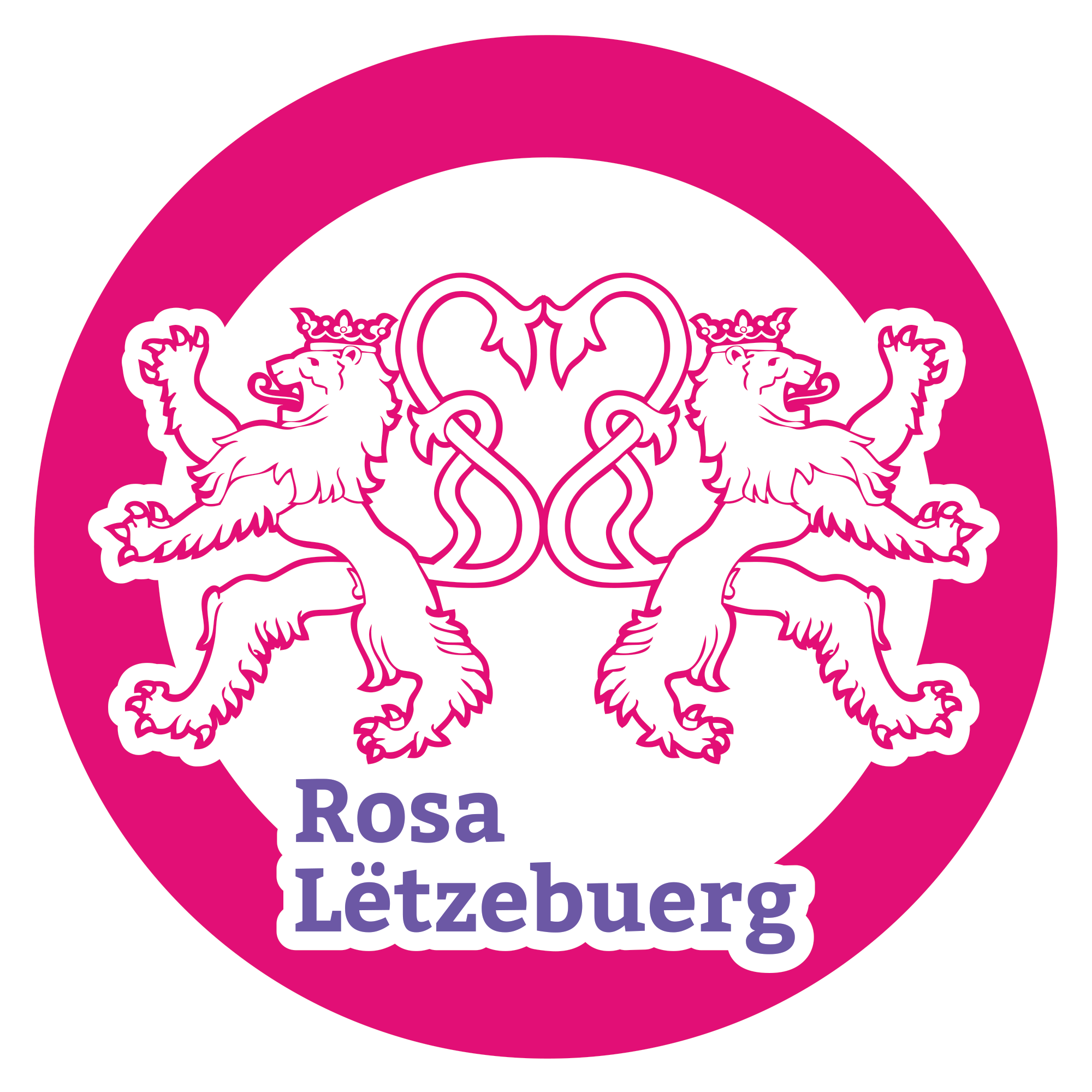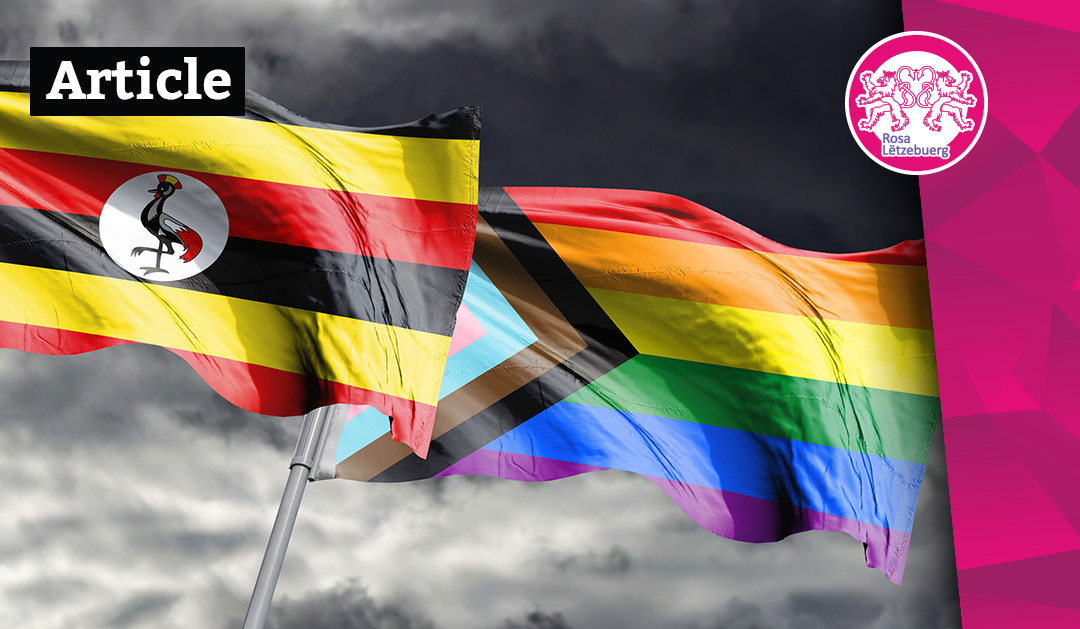Standing Together:
The Fight for LGBTQ+ Rights in Uganda and Beyond
The LGBTQ+ community has made great strides towards equality and acceptance. Unfortunately, there are still many nations where human rights are violated, and in certain situations, simply being who you are is considered a crime. One such country is Uganda, where it is illegal to campaign for LGBTQ+ rights or identify as gay under the current anti-gay laws. In the face of this oppression, the LGBTQ+ community continues to unite and fight for our rights.
Uganda’s Anti-Homosexuality Bill was a devastating setback for the LGBTQ+ community both in Uganda and around the world. The legal consequences for having a same-sex relationship can range from life in prison to the death sentence. It makes it very difficult for individuals and organisations to promote change and visibility because it also targets those who support or fight for LGBTQ+ rights. Many had to flee from their home country or hide, while others have already faced persecution and imprisonment. Activists have put in a lot of effort to fight this law and promote better tolerance and understanding of LGBTQ+ community in Uganda and the rest of the world. At the same time, the international community has also spoken out to condemn the law and support those working on the ground. In particular, the European Union has been a vocal advocate for LGBTQ+ rights in Uganda, using its diplomatic and financial resources to support civil society organisations and promote dialogue on these issues.
A powerful symbol of this solidarity is the Amsterdam Rainbow Dress, a stunning work of art featuring the flags of all 72 countries where homosexuality is still illegal. The dress commemorates the ongoing struggle for LGBTQ+ rights worldwide and is a symbol of hope and perseverance for those fighting for change. It has been displayed at various exhibitions and events around the world, including ESCH22 Luxembourg Pride. Its bright colours and complex design highlight the importance of visibility and representation in the pursuit of social justice and equality.
The Amsterdam Rainbow Dress in many ways exemplifies the ideals and guiding principles that guide the European Union’s dedication to the promotion and defence of human rights and basic freedoms across the globe. The EU has made it plain that it does not tolerate discrimination or violence against LGBTQ+ people, and it has supported LGBTQ+ organisations and activists in Uganda and other nations when their rights are under danger by using its diplomatic and financial resources.
However, there is still a long way to go. We must remain united and fight for our rights as LGBTQ+ people not just in Luxembourg, but also in Uganda and everywhere in the world. We must oppose bias and prejudice wherever it occurs and work for a future in which everyone, regardless of sexual orientation or gender identity, is treated with respect and dignity. As we seek to create a more fair and equal society for all, we must encourage greater acceptance and understanding of LGBTQ+ people in Ugandan society.
Let’s use this momentum wisely.
Meet Guilhermo, a clinical research nurse from Luxembourg. His passion for queer history stems from a desire to better understand the discrimination faced by the community. He actively advocates for inclusivity and hopes to encourage a more open-minded approach to communication and interactions.





